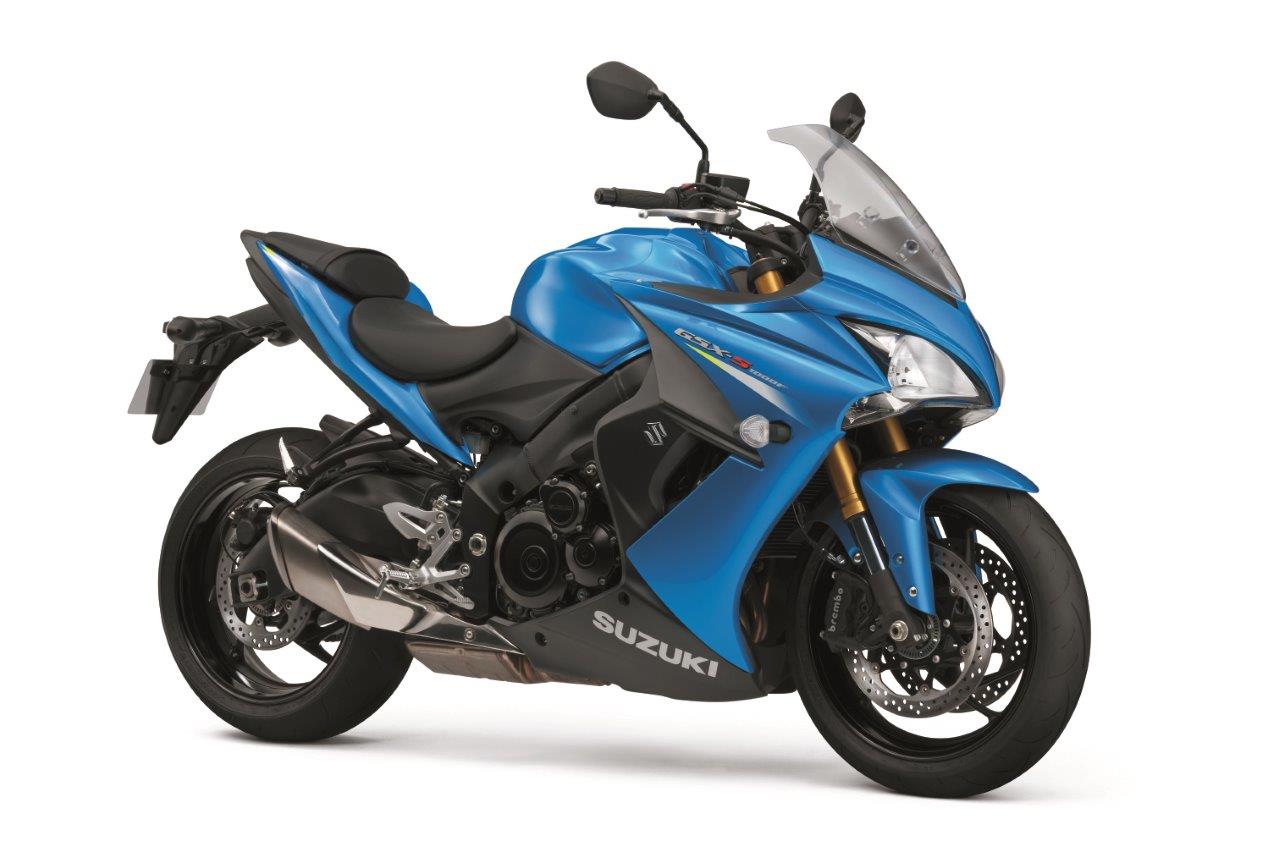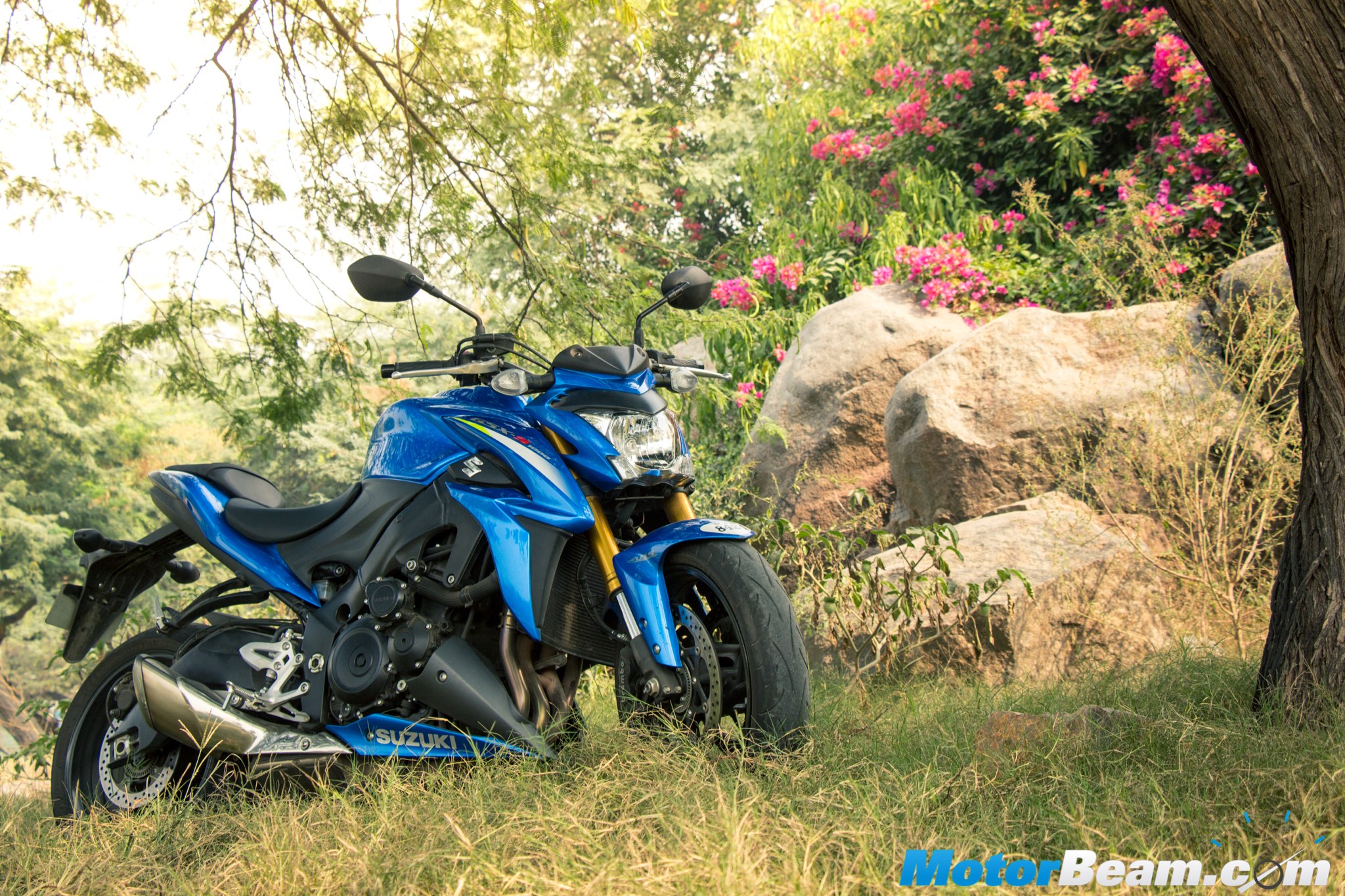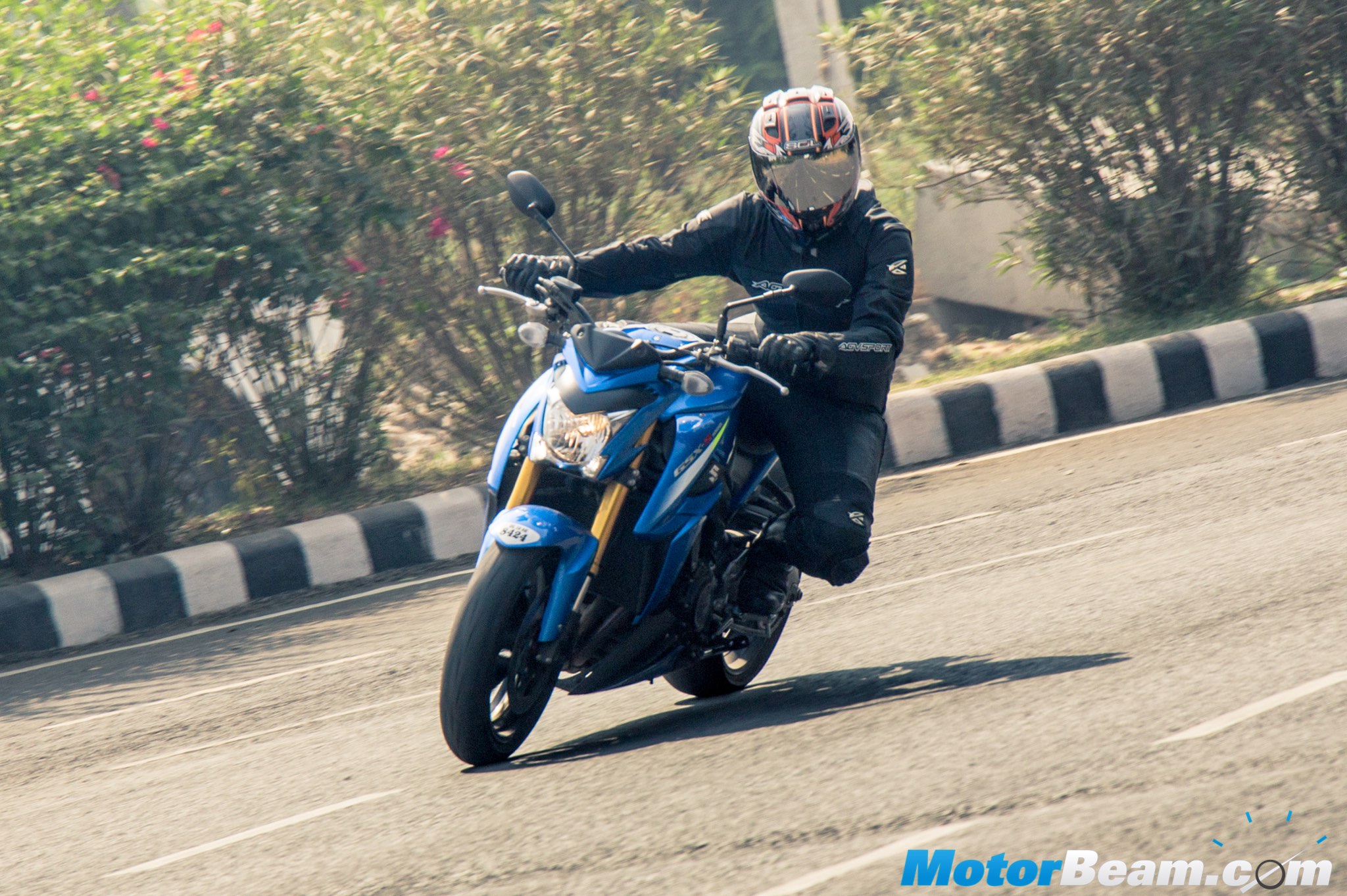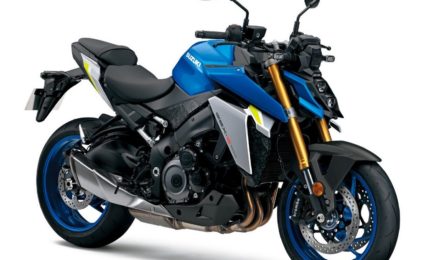The affected Suzuki GSX-S1000 and GSX-S1000F were fitted with a faulty front brake piston cylinder which could result in poor braking being fatal.
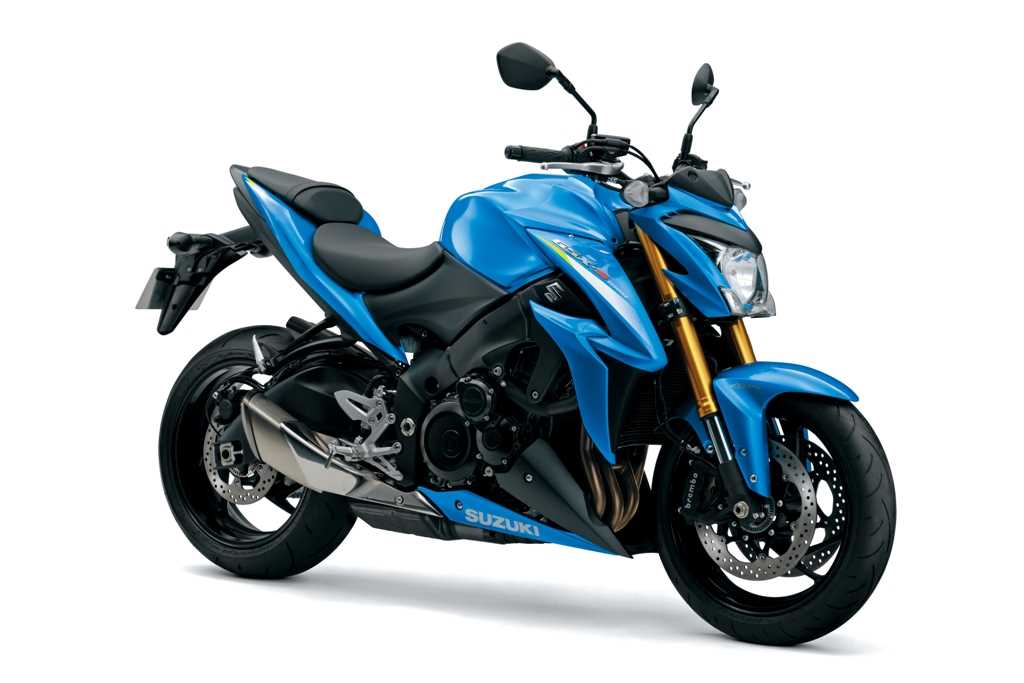
Suzuki has issued a voluntary recall for certain units of the GSX-S1000 and GSX-S1000F superbikes in the US after a possible issue with the front brake calliper. In a report submitted to the National Highway Traffic Safety Administration (NHTSA), the automaker stated that the affected motorcycles may leak fluid from the front brake calliper that may eventually cause poor braking and could prove fatal. Around 600 units of the litre-class motorcycles are affected under the recall.
The Suzuki GSX-S1000 with the faulty component was manufactured between 10th July and 24th August 2015 whereas the GSX-S1000F was produced between 21st July and 27th July earlier this year. Explaining the issue, the company states that the surface of the seal groove in the brake piston cylinder may be damaged, causing brake fluid leakage. The reason for the defect was due to the supplier applying a surface treatment to change the colour of the brake calliper.
Due to the seal being insufficient, it is possible that some of the treating liquid may have entered the brake piston cylinder damaging the surface condition of the brake piston seal groove. As a result, dealers in the US will be replacing the front brake calliper on the affected motorcycles free of charge. The new calliper will come void of any surface treatment to avoid the issue completely.
Suzuki did not mention if any accidents or fatalities occurred due to the issue while the company hasn’t mentioned if the recall is US specific. That said, a global recall could be in order if more units are found with the same possible defect. Suzuki is currently contacting customers individually asking them to bring their motorcycles to the automaker’s nearest service centre.
